Renting a semi-trailer can be a crucial decision for businesses in the transport and logistics industry. The cost factors involved in rental agreements can be intricate and layered, making it essential to break them down for a clearer understanding. In this guide, we will provide detailed insights into the factors that influence daily rental rates, the different types of semi-trailers, and tips for making informed rental decisions.
Understanding Semi-Trailer Rentals
What is a Semi-Trailer?
A semi-trailer is a trailer designed to be towed by a tractor unit, with a portion of its weight supported by the truck. This design allows for greater cargo capacity and flexibility in transportation, making semi-trailers a staple in the freight industry. Various types of semi-trailers exist, including flatbeds, refrigerated units, and tankers, each suited for distinct transportation needs.
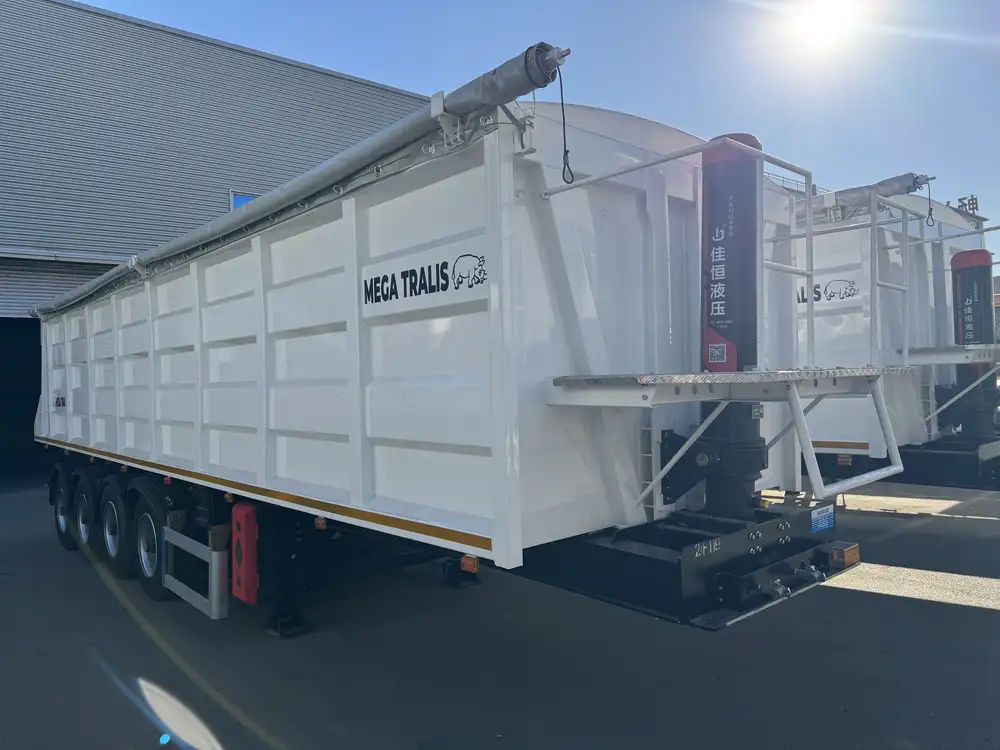
Daily Rental Overview
The daily rental price of a semi-trailer varies significantly based on several key factors. Understanding these factors helps businesses budget effectively and choose the best option that meets their needs.
| Factor | Details |
|---|---|
| Type of Semi-Trailer | Different trailers cater to different cargo types, affecting costs. |
| Rental Company | Rates vary by provider, influenced by reputation, inventory, and service level. |
| Duration of Rental | Longer rental periods might qualify for discounts. |
| Location | Rental prices can fluctuate based on geographical demand and availability. |
| Seasonal Demand | Certain times of the year see spikes in demand, influencing rental rates. |
| Condition and Age of Trailer | Newer or well-maintained trailers may come at a premium. |
Daily Rental Costs Breakdown
To give you a comprehensive understanding of daily rental rates, let’s delve into the specifics:
1. Type of Semi-Trailer
Different types of semi-trailers have varying rental costs. While specific figures may differ based on rental policies, here’s a general breakdown of average daily costs:
| Type of Semi-Trailer | Average Daily Rental Cost |
|---|---|
| Flatbed | $50 – $80 |
| Refrigerated Trailer | $100 – $150 |
| Dry Van | $70 – $100 |
| Tanker | $80 – $120 |
| Lowboy Trailer | $90 – $130 |
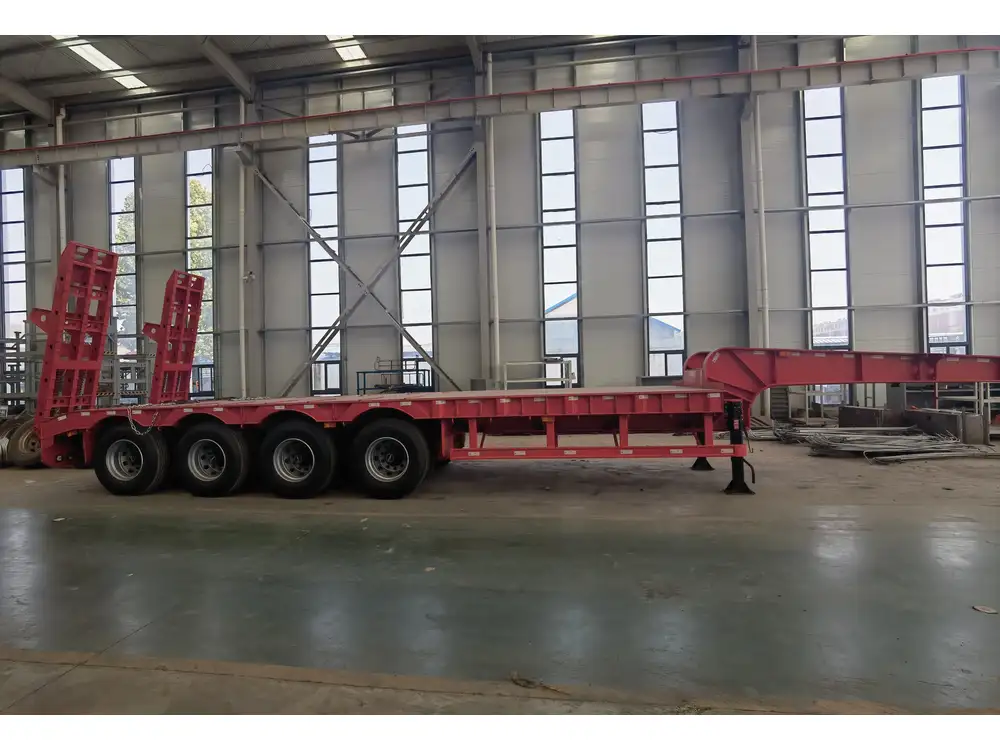
2. Rental Company
The choice of rental company plays a significant role in determining the rental price. Established companies with a larger fleet and better maintenance programs tend to charge higher rates. Ensure to evaluate the reputation of each provider through customer reviews and service offerings. Some popular companies include:
- Penske Truck Leasing
- U-Haul
- Ryder System
- Enterprise Truck Rental
3. Duration of Rental
The rental pricing structure of many companies often rewards longer rentals. For example, daily rentals might be strategically lower when booked as weekly or monthly rentals.
| Duration | Typical Discounts |
|---|---|
| Daily | Standard rate |
| Weekly | 10% – 15% off |
| Monthly | 20% – 25% off |
4. Location
Geographical factors greatly impact rental rates. Urban areas with high logistics demands often exhibit higher prices due to increased competition and demand. In suburbs or rural areas, lower demand could lead to more competitive pricing.
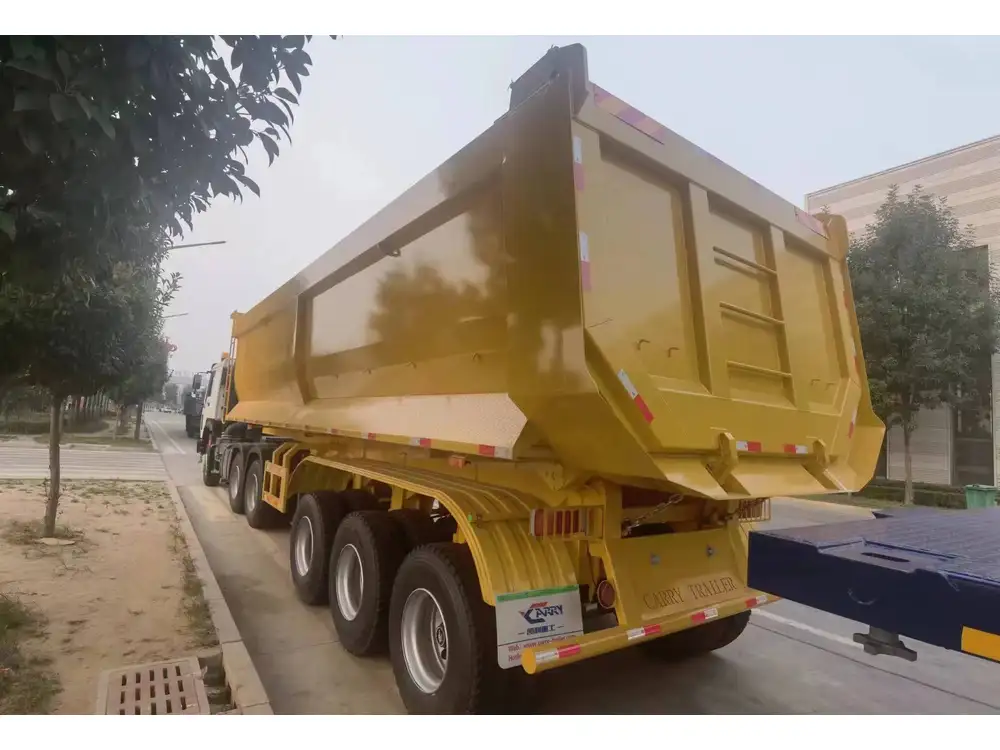
5. Seasonal Demand
The transportation sector experiences peak seasons, especially during the holiday season or harvest times, which can inflate prices due to high demand. Planning rentals during off-peak periods can yield cost savings.
6. Condition and Age of Trailer
Newer models or those equipped with advanced technology (like GPS tracking and enhanced fuel efficiency) might come at a higher cost when renting but can be beneficial in terms of reliability and maintenance costs.
Additional Costs to Consider
While the daily rental rate is a significant element, a multitude of additional costs may arise during the rental period:
- Insurance: Most rental agreements require coverage, either through the rental company or your own provider.
- Fuel: Many providers offer a “full-to-full” fuel policy, meaning you need to return the trailer with a full tank, leading to fuel costs.
- Tolls and Fees: Depending on your route, tolls might be an additional expense that needs affordable consideration.
- Maintenance Fees: If you’re utilizing the trailer for an extended period, be aware of potential maintenance fees that might apply during your rental.
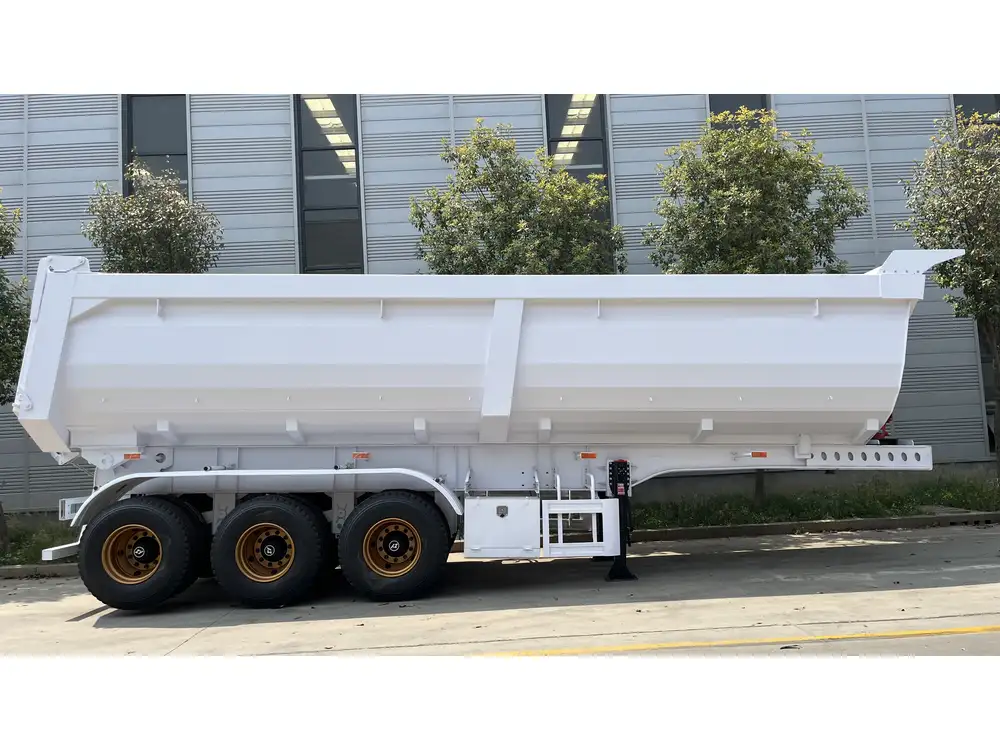
Factors Influencing Puerto Pricing
Several additional factors can affect how the cost is structured when renting semi-trailers.
1. Equipment Specifications
High specifications often command higher rates. These include features like:
- Enhanced braking systems.
- Improved aerodynamics.
- Advanced technology integrations for monitoring.
2. Maintenance and Service
A well-maintained trailer is critical to avoid unforeseen delays. Ensure to inquire if the company provides maintenance during the rental period.
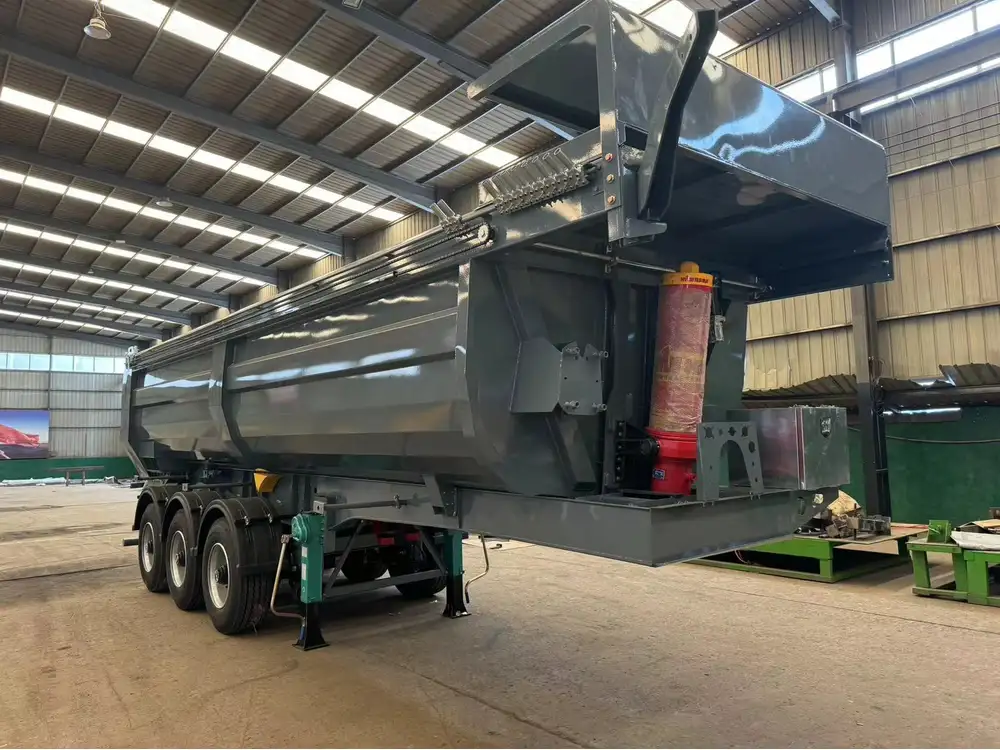
3. Loading and Unloading
Certain trailer types can be easier or harder to load and unload, which can affect the total time required for rental, indirectly influencing costs.
Tips for Renting a Semi-Trailer
Renting a semi-trailer is not merely about picking an option with the lowest daily rate. Here are valuable tips to get the most out of your rental decision:
Evaluate Your Needs
Before heading to rental companies, define what you need. Consider factors such as:
- Type of cargo.
- Distance to travel.
- Duration of need.
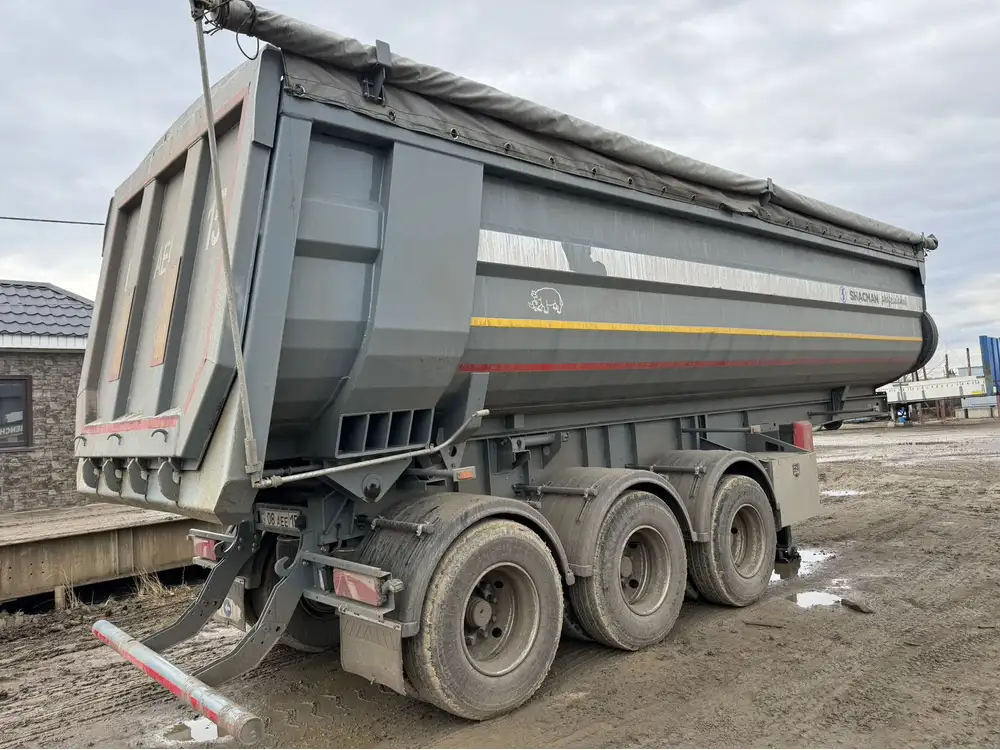
Research and Compare Companies
Compile a list of companies and compare their offerings side by side, focusing on prices, reputation, maintenance practices, and customer service.
Read the Fine Print
Always read the terms and conditions before signing any contract. Pay close attention to:
- Rental duration terms.
- Maintenance responsibilities.
- Insurance obligations.
Inspect the Trailer
Before finalizing the rental, conduct a thorough inspection of the trailer. Check for any existing damages, tire conditions, and operational features. Document findings to avoid disputes at the end of the rental period.

Plan for Unexpected Costs
Prepare for potential additional costs such as fuel, tolls, and possible delays. Keep a budget flexible enough to accommodate these expenses.
Consider Long-Term Rentals
If there is a possibility of needing the trailer for an extended period, see if long-term rental agreements are available, which may provide better financial terms.
Conclusion: Strategic Semi-Trailer Rentals
Navigating the landscape of semi-trailer rentals can be an intricate process, compounded by numerous variables impacting costs. By understanding the types of trailers available, various rental pricing factors, and well-researched strategies for decision-making, businesses are better equipped to avoid common pitfalls and make choices that can lead to greater efficiency and profitability.
When in doubt, seek guidance from industry experts to ensure your needs are comprehensively met, affording you peace of mind as you transport your goods. A well-planned trailer rental can not only enhance logistical capabilities but can also contribute to an overall improved operational strategy in the competitive framework of transport and logistics. By taking the time to understand the ins and outs of renting a semi-trailer, we can choose wisely, maximizing both financial and operational outcomes.



